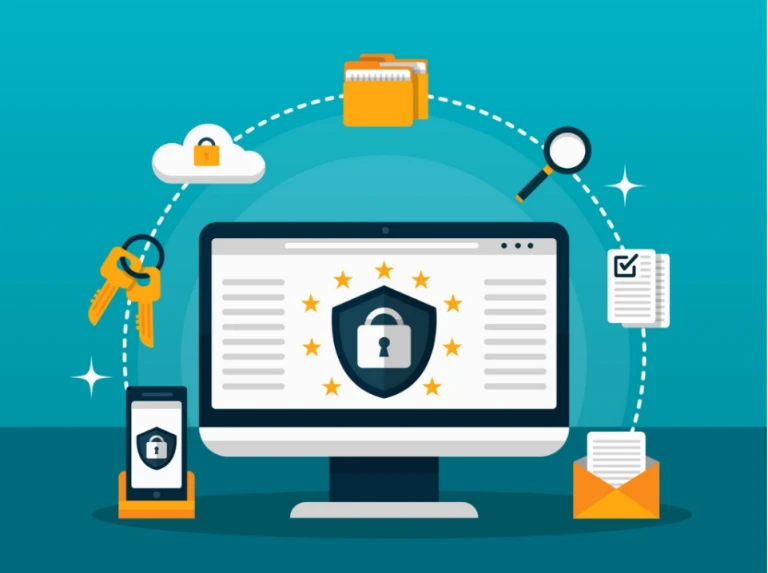The use of e-signatures in the Philippines has become even more popular in recent years as a result of recent events, which emphasize the need to minimize physical contact and maximize the share of digital solutions, including solutions for document recognition and digital signatures. Another element of business utility is that e-signatures conveniently displace the handwritten signature and minimize the requirement of the physical presence of the signatory and paperwork. However, with the development of technology and its application in financial transactions, it became a necessity to adhere to the rules of data protection.

In the Philippine context, the legal setting for e-signature is defined under the Electronic Commerce Act of 2000 otherwise known as the Republic Act No. 8792. This law makes electronic signatures equal to handwritten ones, insofar as they comply with several conditions. In compliance with this law, an e-signature should be capable of recognizing its owner and showing their consent to the contents of the electronic record.
In the Philippines, UNAWA is seen as a legal tech firm that has opened up as the foremost e-signature provider. With UNAWA, there is a rigid foundation put in place and supported where all forms and uses of e-signature are backed up with the provision of data privacy laws of the respective countries and the entire universe. Offering the maximum protection services, makes them suitable for use by every business regardless of the type or industry.
This is an underlying factor when employing e-signatures in the Philippines so far as data privacy is concerned. The Data Privacy Act of 2012 or the Republic Act No. 10173 of the Philippines stipulates that personal data, including but not limited to biometric data, portrayal, and identification, may only be collected, processed, and stored by entities who have put in place reasonable and appropriate security measures. This includes that the e-signature solutions being implemented have adequate security measures for the person’s data and that their information is guarded discretely. Failure to adhere to these rules will result in certain penalties thus a reason that it is advisable to work with a trusted service provider such as UNAWA.
UNAWA’s e-signature service meets the legal specifications for digital signatures but also has a range of additional security layers, such as encryption or two-factor authentication. These measures assist in safeguarding the content of an electronic document to avoid contamination by other unrelated data; the user is therefore assured of the security of their data.
Since more and more companies in the Philippines are adopting digitalization strategies, e-signatures could also be commonly utilized shortly. In this way, organizations can also learn to avoid contravening the current data privacy laws while at the same time optimizing their activities through trusted providers such as UNAWA. In the Philippines, e-signatures are a progressive improvement that addresses the concerns of the new generation of document signing, which is why they are essential for today’s business.


